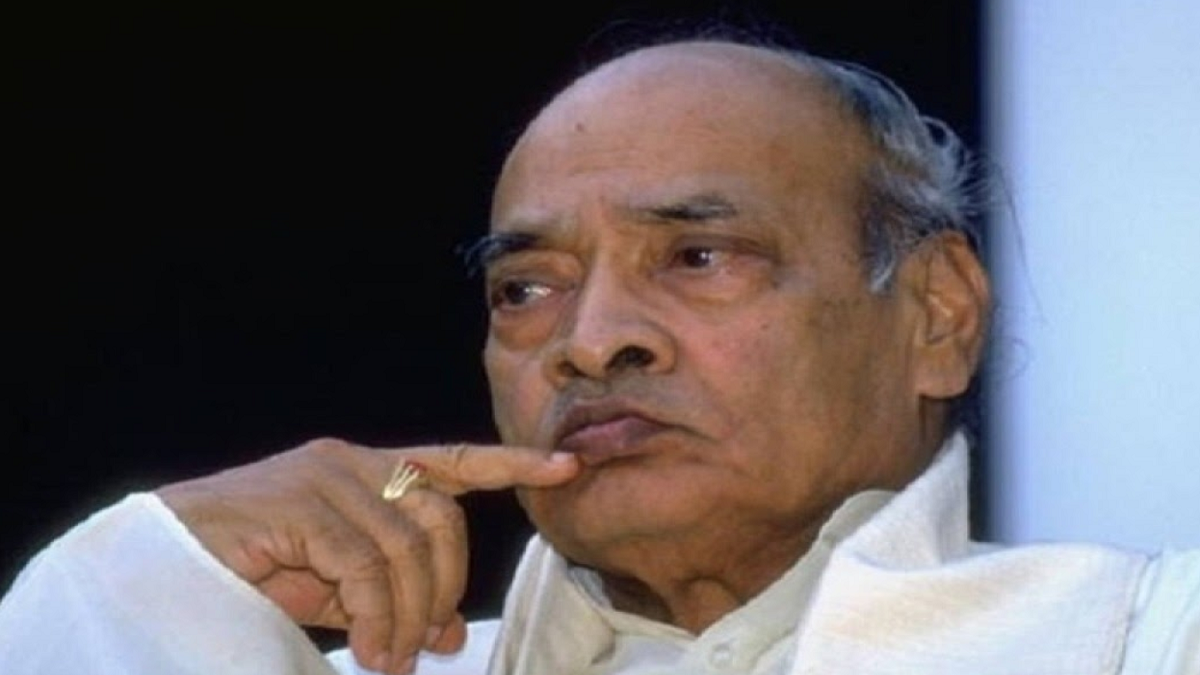


Sunday was the 99th birth anniversary of P.V. Narasimha Rao, India’s accidental Prime Minister from 1991-96. The Congress had lost the 1989 parliamentary election which resulted in V.P. Singh coming to power, supported by the Left and the BJP. Rajiv Gandhi could not survive the storm raised by the Bofors scandal and a unified Opposition managed to throw him out of office in a replay of the 1977 election.
But as in 1977, so in 1991 — the non-Congress parties came to power only to lose it over bitter wrangling, opportunism and V.P. Singh’s limitless cynical politics that pushed India dangerously towards social strife and violent anarchy. In 1980 Charan Singh was propped up by Mrs Indira Gandhi and then the rug was pulled from beneath his feet, leading to her return to power. In 1991 Chandra Shekhar was propped up by Rajiv Gandhi and then dumped, leading to a mid-term election.
That summer was supposed to witness the return of Rajiv Gandhi to power but the script went awry. Midway through the election campaign he was assassinated by LTTE terrorists.
Despite the “sympathy wave” the Congress fell short of a majority. Its declared prime ministerial candidate was dead. Senior leaders were eager to see themselves filling the vacancy but each connived to keep the other out. Finally they decided upon Shankar Dayal Sharma but he declined to accept the post, citing age. The second choice was P.V. Narasimha Rao, the seniormost among the aspirants. Various stories exist how he manoeuvred and manipulated the process; none knows for sure. Lutyens’ chatter is as reliable as monkeys chattering in a guava garden — or, in this case, the jamun trees that line New Delhi’s avenues.
The BJP decided not to vote down the minority Government and so it happened that Narasimha Rao’s government survived the confidence motion, made extraordinarily interesting by the bizarre behavior of Jharkhand Mukti Morcha MPs led by Shibu Soren inside the Lok Sabha. Several scandalous stories exist about that too but it’s best they re – main un-retold
This rather extended introduction is necessary to understand that the tectonic shifts in India’s economic and foreign policies over the next five years would not have happened had events not led to Narasimha Rao becoming Prime Minister. Denied a ticket he had made up his mind to retire from active politics and return to Hyderabad to live out his remaining years. His books and other belongings had been packed when history took a sharp bend. Instead of being transported to Hyderabad, they were trucked to what was then called 7, Race Course Road. The rest, as the cliché goes, is history.
During his years in office, he did three things that changed the course of India’s destiny. He liberalised the economy. He junked the so-called ‘Nehruvian Consensus’ on foreign policy. And he made no attempt to prevent the crowd that had gathered at Ayodhya on 6 December 1992 from pulling down the disputed structure. Yet, after this incident, relations between him and BJP’s then top leader L.K. Advani soured to a point that a chill settled between them. Advani was to later vigorously attack Narasimha Rao on la affaire Harshad Mehta (‘Suitcase Case’); subsequently Narasimha Rao got the CBI to file a bogus case of corruption against Advani. That’s how the Rao era ended.
Yet, despite the chill, the BJP did not raise unsurmountable obstacles for Narasimha Rao. On the contrary, in 1994, when the Congress Government was in a pickle over Pakistan, backed by Iran, pushing an anti-India resolution on Jammu & Kashmir at the UN Human Rights Commission, Atal Bihari Vajpayee offered his services to defuse the situation. He led a team to Geneva and worked his personal connections. Iran backed out and Pakistan was forced to withdraw the resolution. I once asked him what had prompted him to rush to the Government’s defence at a time when the BJP and the Congress, more so Narasimha Rao, were daggers drawn. He said, “At home we are five versus hundred; abroad we are hundred and five.” That analogy, drawn from Mahabharata, epitomised, and still epitomizes, India’s ethos.
This anecdote is not without purpose. Today, when China has adopted an aggressive posture along the Line of Actual Control in east Ladakh and there have been bloody clashes resulting in the death of Indian soldiers, nearly all of India’s political class is united in its response, barring the Congress. The present leadership of the Congress, namely the three Nehru-Gandhi dynasts — Sonia Gandhi, Rahul Gandhi and Priyanka Gandhi Vadra — are busy pillorying the government instead of focusing their ire on China. Just as Sonia Gandhi did during the Kargil conflict and later when an Indian Airlines plane was hijacked after takeoff from Kathmandu. The Indian ethos is alien to them.
The writer is Distinguished Fellow, Observer Research Foundation, New Delhi.